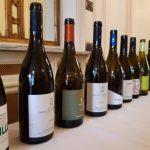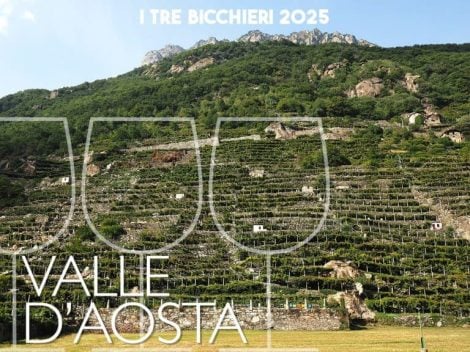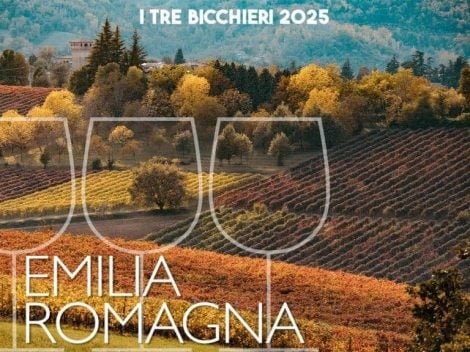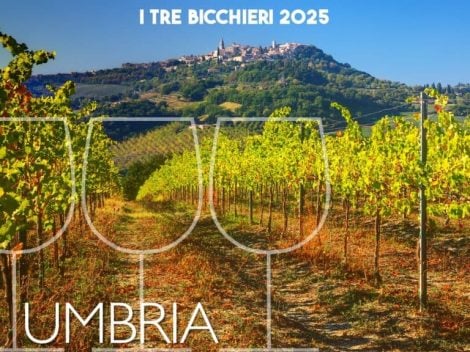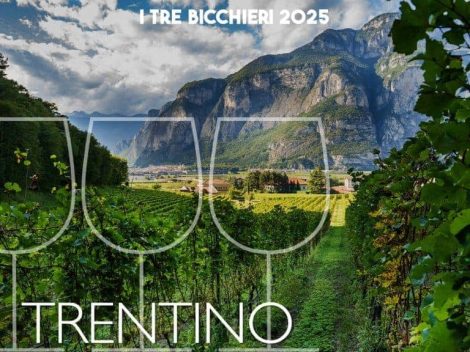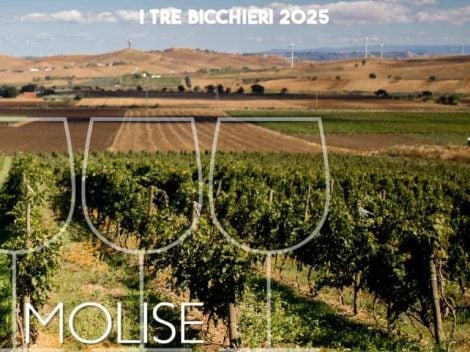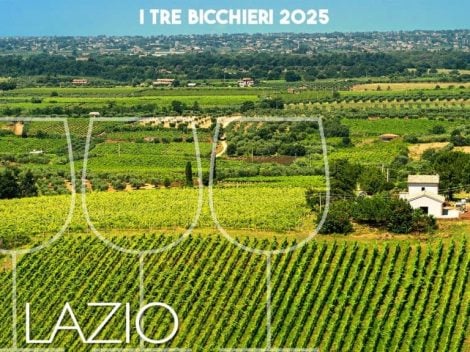by Simona Sirianni
Droughts, torrential rains, out-of-season frosts, and extreme heat are all abnormal climatic phenomena that we have been dealing with for several years. These phenomena are inexorably compromising the surrounding environment, having a strongly negative impact, especially on agricultural production worldwide. In Côte d'Ivoire and Ghana, the main cocoa producers, excessive temperature increases hinder the natural growth of the plant, preventing it from surviving. Prolonged drought in Spain has halved olive oil production, and similarly in Italy, production has dropped by a third.
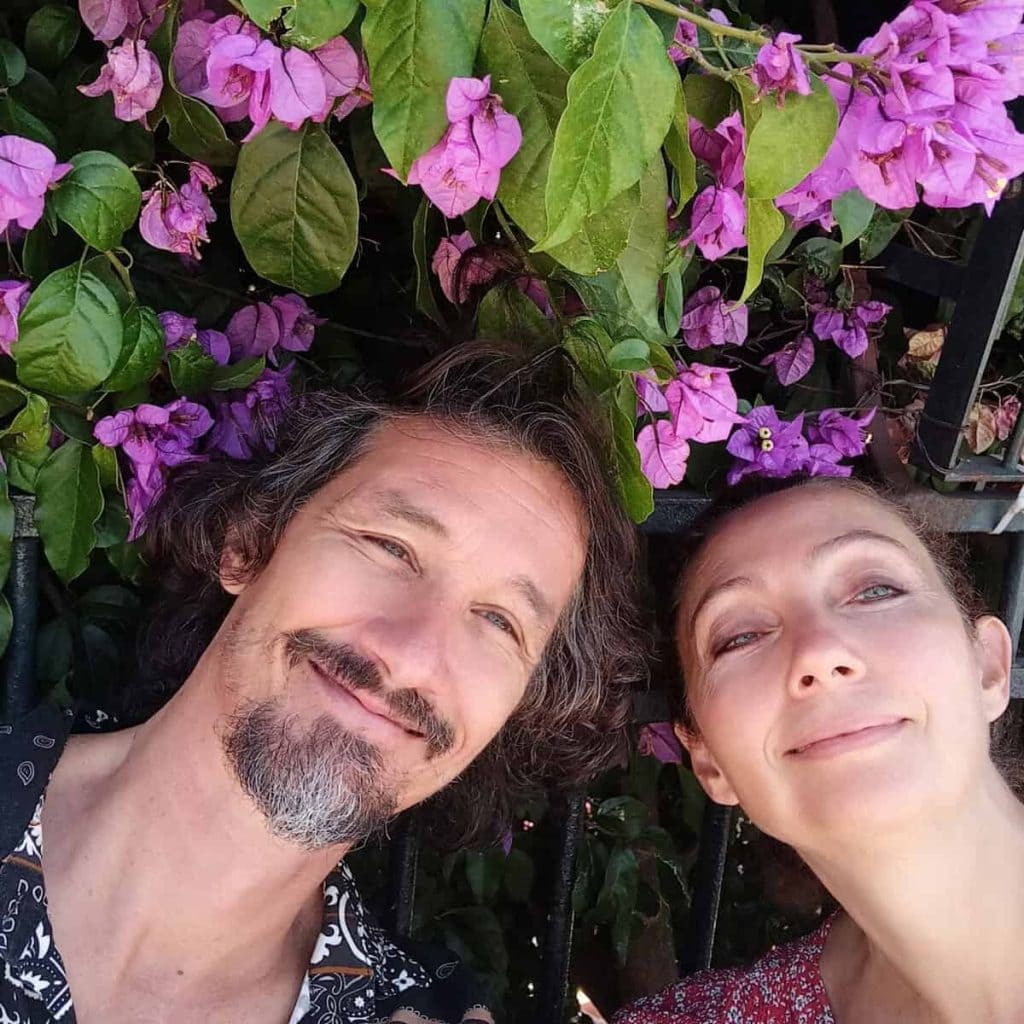
Climate madness: farmers in distress
Farmers are currently facing significant difficulties, a reality evident to all, as demonstrated during Cop28, the recent UN climate summit in Dubai, where 134 countries signed a pact to integrate sustainable agriculture into their climate roadmaps. In this critical context, it is increasingly essential to understand deeply the reasons behind these changes and the actions needed. To do this, one must be informed. Among the various initiatives providing adequate responses to the issue is the one by Corrado Dottori, an economist turned farmer, and Valeria Bochi, an anthropologist, who first founded the farm La Distesa in Cupramontana, a town in the province of Ancona in the Marche region, and later created "SPORE" - a School of Agriculture, an ambitious political agro-ecology project aimed at sharing with a broad audience of students, young graduates, artists, activists, journalists, chefs, and, of course, farmers and winemakers, a training path on how to "do agriculture" in this new climate regime.
A new "School of Agriculture"
Through exchanges and discussions around the sense and limits of the current situation, the school aims to offer a critical and contemporary perspective on key topics related to organic farming, soil and land regeneration, the impact of the climate crisis, and the dynamics of wine and food production and consumption. Dottori and Bochi have worked in the agricultural sector for 25 years in the Marche hinterland, where Corrado's family owned some farms, cultivating vines and olives, sowing cereals, and managing the forest. Being in close contact with nature and extreme weather events, they have personally experienced the new climatic conditions, becoming increasingly aware that practical training must be paired with multidisciplinary theoretical foundations to understand the ongoing transformations and make the most of available resources.
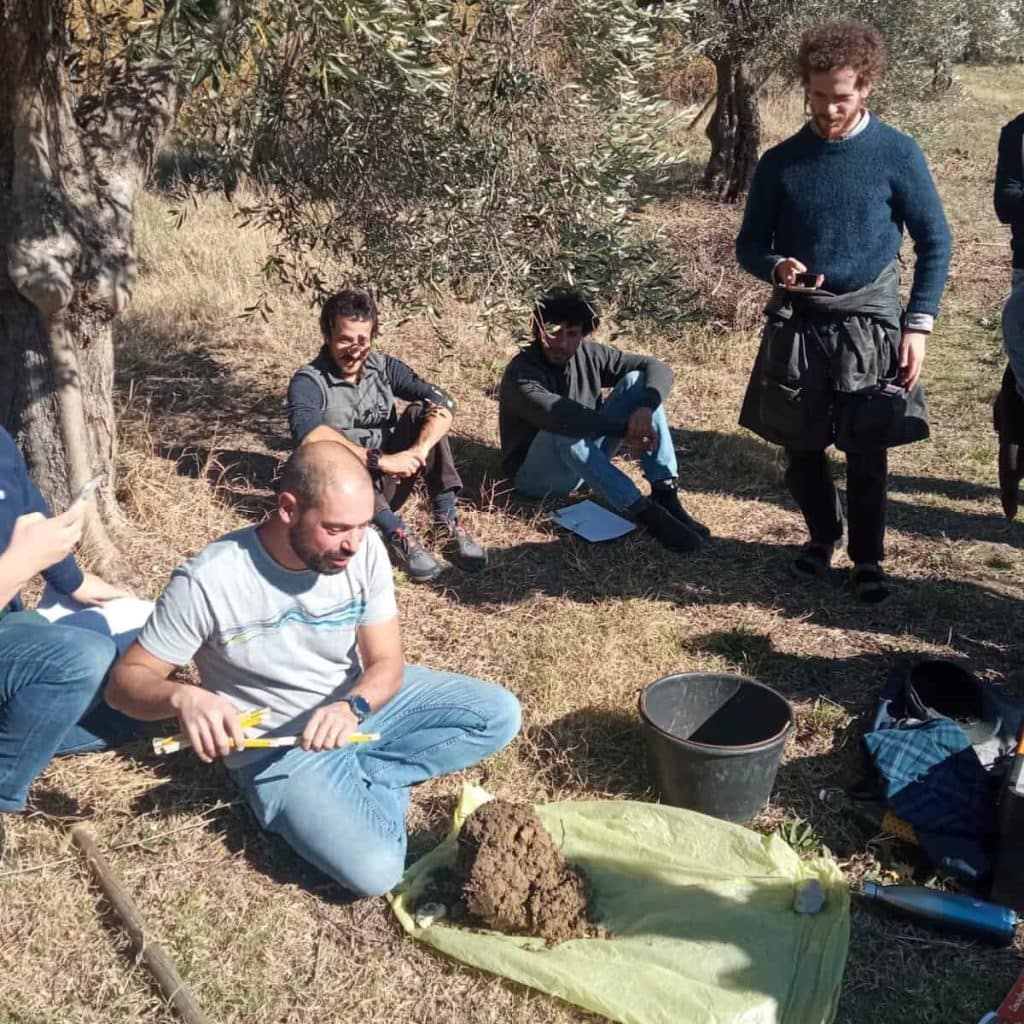
Anthropology, landscape sociology, and popular cuisine
“SPORE” aims to connect viticulture, anthropology, regenerative agriculture, landscape sociology, popular cuisine, and the management of water and energy resources. The school's courses include technical-scientific insights and significant openings to philosophical thought, anthropological studies, and artistic languages, particularly those addressing the climate crisis. In line with La Distesa's original vocation, the school addresses the production sector with interdisciplinary courses and seminars that refer to a broader ecosystemic and political vision.
Upcoming Events
There are four events scheduled before the end of the year. The next one is on July 6th, featuring a tasting by Simonetta Lorigliola, a journalist and author born and raised in Friuli-Venezia Giulia, who will take the audience on a small journey through a corner of Italy, the province of Trieste. The event is titled “Infinitely Small, Infinitely Large. Enological and Imaginative Crossings between Breg, Carso, and Istria.” Following this, on the weekend of October 19th and 20th, the first narrative journalism and writing workshop will be held, aimed at providing tools to tell the story of a planet in crisis. Titled "The Great Derangement," after Amitav Ghosh's book, it will be followed by another tasting on November 17th, led by Emanuele Tartuferi, a communicator and host and one of the founders of SPORE, titled “What Can Wine Do?”. Finally, from December 12th to 15th, a course called “Humans and Plants” will return, dedicated to pruning, to explore the connections between botany and new ecologies.
Labels are not enough
“After more than twenty years of agricultural, cultural, and political activity, we wondered what further step we could take to give even more meaning to our territorial roots and, at the same time, to our being 'planetary winemakers' (quote),” explain Dottori and Bochi. “Over the years, we have often come into contact with the world of schools and universities, also because our personal paths have been enriched, in the meantime, with study and theory as well as much practice.”
Dottori and Bochi realized that beyond the easy labels— "organic," "sustainable," "natural," etc.—the world of agricultural training, but not only, struggles to develop paths that truly capture the complexities of the phenomena we are experiencing and to transmit them in a conscious and fertile way to young people. “On the one hand, there is a focus on highly specialized and technical aspects, useful for acquiring specific skills. On the other hand, there is the reduction of any reasoning and learning to marketing and communication, thus to the final product and its marketability. Think of the sphere of 'critical consumption,' how the idea that consuming differently to change the world has been drained of revolutionary power. A concept that, if it remains anchored to the individual act and is not accompanied by a collective and plural political vision, becomes utterly useless.”
What are "Environmental Humanities"?
All this is a real shame for Dottori and Bochi, who are instead convinced that research and scientific production on ecology are experiencing an exciting moment. “We think of the work of many philosophers, anthropologists, sociologists, botanists, microbiologists who, starting from themes such as the climate crisis and the Anthropocene, are developing analyses, reflections, and building a new approach, perhaps a new paradigm. These are the ‘Environmental Humanities,’ difficult to translate directly as environmental humanities, a strongly interdisciplinary research field that attempts to bring together natural and human sciences starting from the radical change in reflections on the concepts of Nature and Culture, no longer separable at their origin as Western-capitalistic knowledge has Cartesianly done for centuries.”

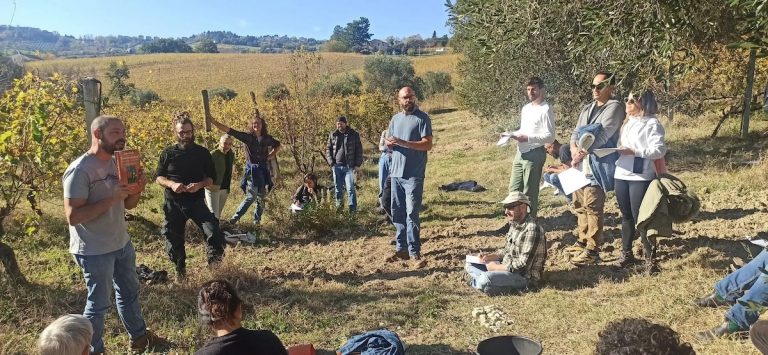
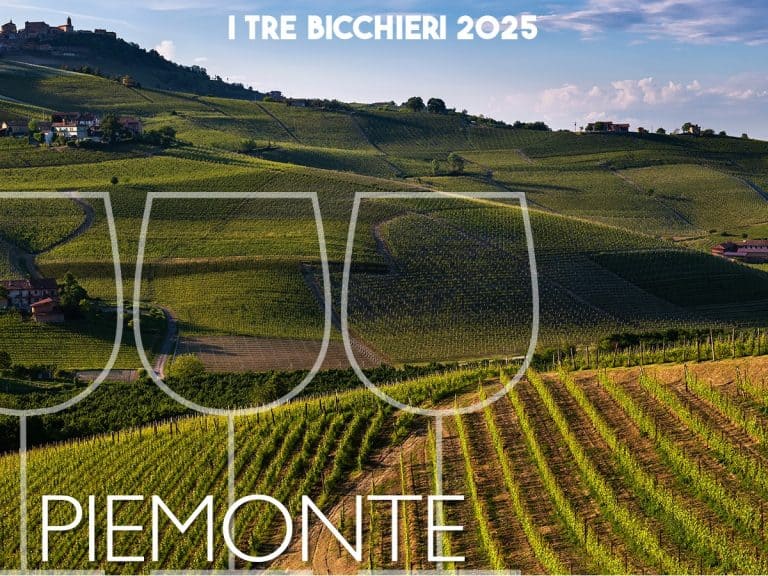 Tre Bicchieri 2025: the 75 best wines from Piedmont awarded by Gambero Rosso
Tre Bicchieri 2025: the 75 best wines from Piedmont awarded by Gambero Rosso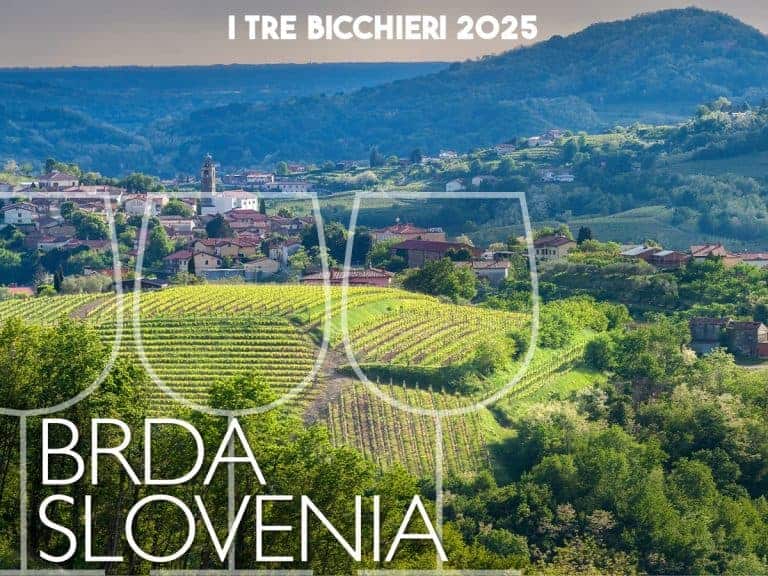 Tre Bicchieri 2025:the 4 best wines from Brda in Slovenia awarded by Gambero Rosso
Tre Bicchieri 2025:the 4 best wines from Brda in Slovenia awarded by Gambero Rosso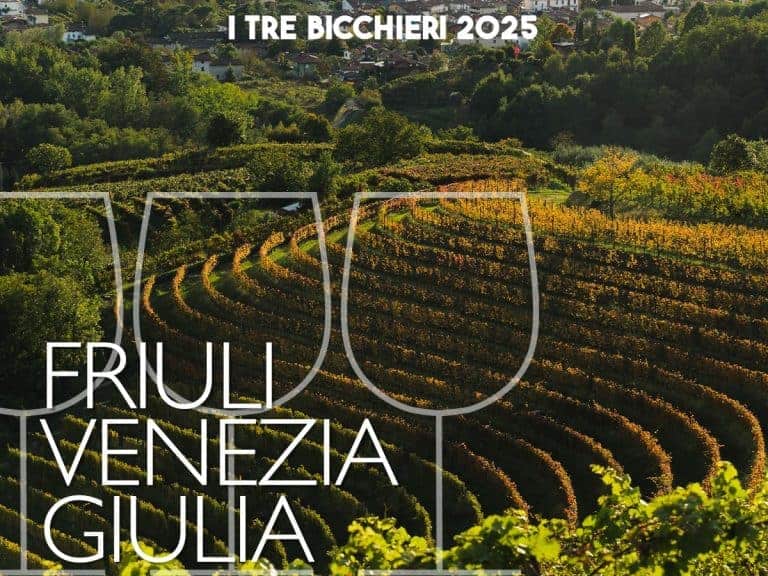 Tre Bicchieri 2025: the 25 best wines from Friuli Venezia Giulia awarded by Gambero Rosso
Tre Bicchieri 2025: the 25 best wines from Friuli Venezia Giulia awarded by Gambero Rosso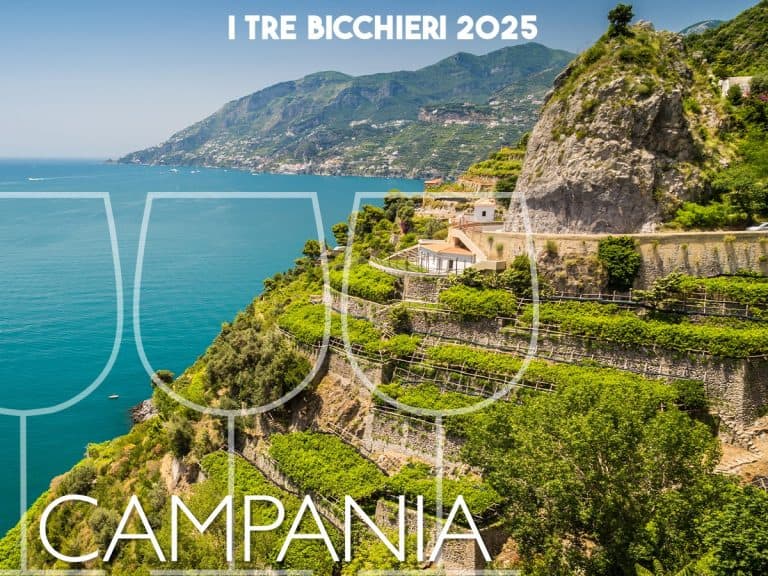 Tre Bicchieri 2025: the 21 best wines from Campania awarded by Gambero Rosso
Tre Bicchieri 2025: the 21 best wines from Campania awarded by Gambero Rosso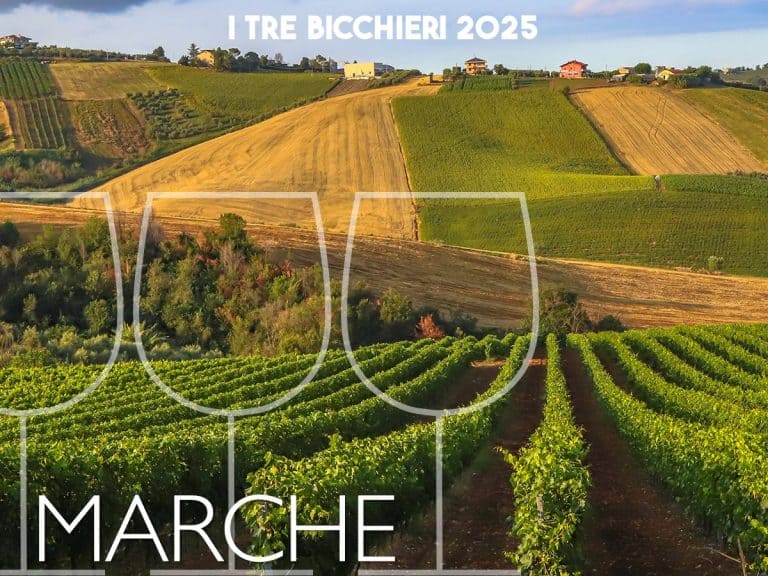 Tre Bicchieri 2025: the 24 best wines from Marche awarded by Gambero Rosso
Tre Bicchieri 2025: the 24 best wines from Marche awarded by Gambero Rosso